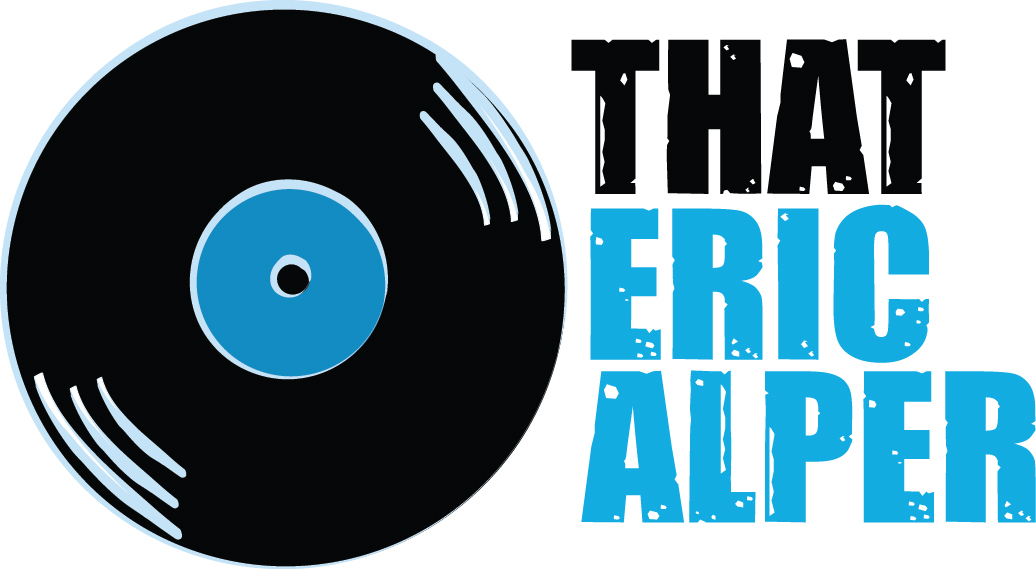You’re a musician. You’re checking your email, and there it is—an exciting opportunity! A booking inquiry for a private event, a lucrative corporate gig, or even an invitation to play at a festival you’ve always dreamed of. Your heart races. Finally, your hard work is paying off. But wait—what if it’s all a scam?
Scammers are getting more sophisticated, and fake booking emails are hitting inboxes worldwide, preying on musicians eager for gigs. They look legit, often using real festival names or mimicking the email styles of legitimate booking agents. The promise of a payday can make anyone overlook the warning signs.
Here’s how it works:
The Setup
The scammer poses as a legitimate promoter, festival organizer, or corporate event planner. They might name-drop real venues, include links to professional-looking websites, and use logos that make their email look authentic. They’ll often compliment your work—flattery is a powerful hook—and describe the “opportunity” in glowing terms.
They offer an impressive fee for your performance, often higher than what you might usually earn, and claim they need to finalize the details quickly.
The Trap
Once you agree, the scam takes a darker turn. The scammers may:
- Send you a fake check: They claim it includes a deposit for the gig plus extra to pay a “vendor” (sound techs, lighting teams, etc.). They’ll ask you to forward the vendor’s fee to a third party.
- Ask for advance payment: They’ll request upfront fees for “visa applications,” “insurance,” or “equipment rentals,” promising to reimburse you later.
What happens next? The check bounces, or the payment request is fraudulent, leaving you on the hook for any money you’ve sent.
Why Musicians Are Targets
Musicians are dreamers. We thrive on opportunities and connection, making us vulnerable to these kinds of scams. The promise of exposure, a big payday, or a chance to work with industry giants can make it easy to overlook red flags.
Scammers also know that musicians are often independent contractors who juggle multiple bookings and payments. In a sea of emails, a well-crafted scam can slip through the cracks.
How to Spot the Red Flags
- Unsolicited offers: Be wary of offers that seem to come out of nowhere, especially from people or organizations you’ve never worked with.
- Pressure to act fast: Scammers often push you to make decisions quickly, hoping you won’t have time to research.
- Overpayments: If they send more money than agreed upon and ask for a refund or third-party payment, it’s almost always a scam.
- Poor grammar or vague details: Legitimate booking agents know how to communicate clearly. Watch for inconsistencies in their message.
How to Protect Yourself
- Verify the offer. Research the promoter or event. Reach out directly to venues or festivals to confirm the booking.
- Trust your gut. If something feels off, it probably is. Don’t be afraid to ask for clarification or walk away.
- Wait for payments to clear. Never forward funds until you’re sure a deposit is legitimate.
- Keep your communications professional. Use contracts and verify every detail. Scammers hate transparency.
The Good News
Musicians are a community, and we’re getting wiser to these scams. Talk to your peers, share your experiences, and stay vigilant. Together, we can make it harder for scammers to exploit our dreams.
Getting an email about a booking should be thrilling, not threatening. Remember: opportunities will come, but they should never come at the expense of your trust and hard-earned money. Be cautious, and keep rocking!


